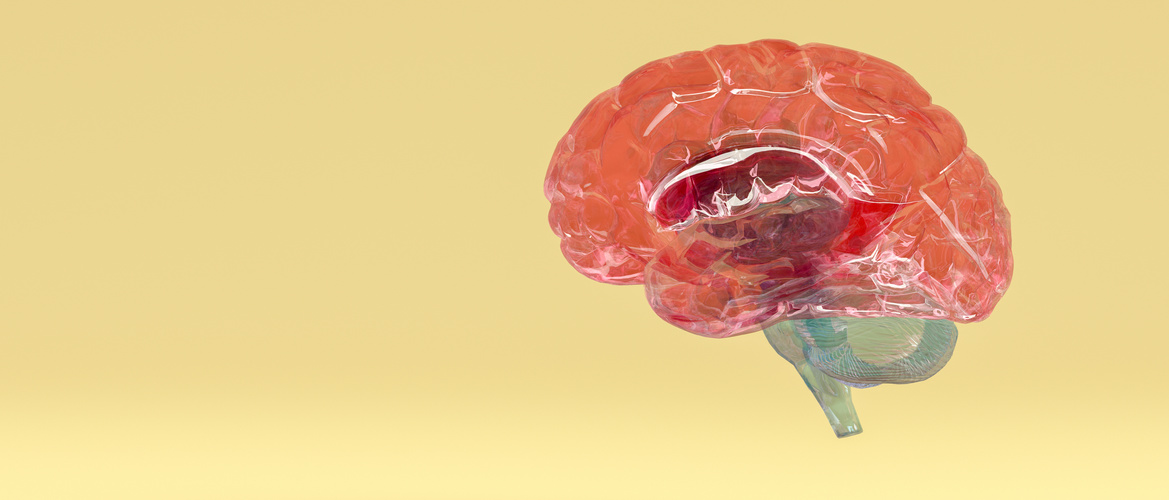
Choose a channel
Check out the different Progress in Mind content channels.

Progress in Mind

Karl Jaspers was one of the most significant figures in the heritage of European psychopathology. In this plenary lecture, Mario Maj, Italy, discussed the relevance of that heritage to modern-day psychiatry.
There has been a renewed interest in Karl Jaspers in the past few years, and publications to mark the centenary of first publication of his seminal work, the General psychopathology in 1913.1,2 The areas of current psychiatric enquiry to which Karl Jaspers heritage are most relevant include the epistemology of psychiatry, classification of mental disorders and the exploration of the subjective experience of patients with schizophrenia.
Knowledge about and classification of mental disorders
Jaspers was clear that there is an extremely complicated relationship between psychopathology and neuroscience: between physical events in the brain and the psychic phenomena that represent mental disorders. There is no direct correlation between physical events and psychic events, because the brain, and human experience, are shaped not only by nature and genetics, but also by culture.
Jaspers reflected the complex relationship between neuroscience and psychopathology
This complex relationship between neuroscience and psychopathology is also reflected in the heterogeneity of mental disorders, resulting in the well-known difficulties in their classification. Such classifications are provisional and change over time, the borderline between illness and health is a relative one, and again changes in different contexts and times (for instance, depending on the availability of treatments).
Self-experience of patients with schizophrenia
Jaspers explored self-experience in patients with schizophrenia and proposed that the usual sense that experiences ‘are mine’ and actions are performed by ‘myself’ is altered. In this way, any experience can appear to be ‘artificial’ from outside rather than arising from self. This alteration of self-experience can now be assessed using the Examination of Anomalous Self-Experience.3 Jaspers’ view of the genesis of delusions in schizophrenia was that the primary subjective experiences were pathological (the ‘delusional atmosphere’) whereas the individual’s working through of those experiences is normal. This is different from the prevalent view of today, that it is the cognitive working through that is aberrant, and the experience normal.4 Jaspers’ interest in the dynamics between the patient and the disorder they are experiencing, however, has direct relevance today. He described the struggle of the individual to find their genuine self and their place in the community. They are not a ‘passive victim’ but a subject looking to find who they are. This resonates with the experience of patients today, more than a century after publication.
Our correspondent’s highlights from the symposium are meant as a fair representation of the scientific content presented. The views and opinions expressed on this page do not necessarily reflect those of Lundbeck.
1. Jaspers K. General Psychopathology. First published 2013.
2. Stanghellini G and Fuchs T (Eds) One Century of Karl Jaspers’ General Psychopathology. Oxford University Press 2013.
3. Parnas et al. Psychopathology 2005;38:236–258.
4. Maj M. Schizophr Bull 2013;39:242–3.